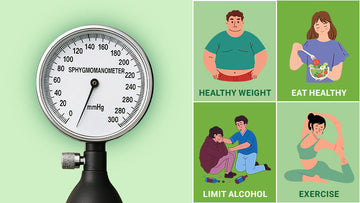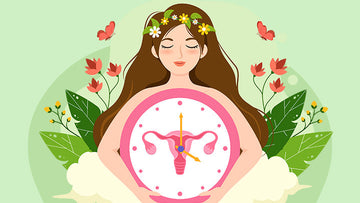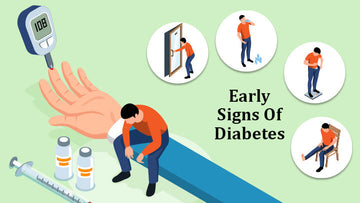Have you recently had a viral infection—maybe the flu, COVID-19, or even a rash illness like rubella—only to find yourself dealing with sore, swollen joints weeks later? You’re not alone. What you might be experiencing is something called post-viral arthritis—a surprising and often frustrating aftermath of a viral illness.
🧠 What Is Post-Viral Arthritis?
Post-viral arthritis is joint inflammation that arises after a viral infection has run its course. It’s not the virus attacking your joints directly, but rather your immune system staying fired up a little too long, causing pain and swelling—usually in multiple joints.
🦠 Common Culprits
Several viruses are known to trigger this condition, including:
-
Parvovirus B19 – often seen in kids but can affect adults too
-
Hepatitis B or C
-
Rubella or the MMR vaccine
-
Chikungunya and other mosquito-borne viruses
-
Epstein-Barr virus (EBV)
-
COVID-19
If you’ve had one of these recently and now feel like you’ve aged 40 years overnight—aching joints, stiffness, swelling—it could be more than just coincidence.
🤕 What Does It Feel Like?
People with post-viral arthritis typically report:
-
Pain and stiffness in multiple joints
-
Swelling, especially in knees, ankles, or wrists
-
Morning stiffness lasting more than 30 minutes
-
Occasional fatigue or low-grade fever
It often mimics other types of arthritis, like rheumatoid arthritis, which can make diagnosis tricky.
Diagnosis
There’s no single test for post-viral arthritis. Instead, doctors piece together the puzzle using your recent health history, symptoms, and a few blood tests to rule out other causes.
Tests might include:
-
Inflammatory markers like ESR or CRP
-
Viral serologies (to confirm recent infections)
-
Rheumatoid factor or anti-CCP (to rule out RA)
Sometimes, joint fluid may be drawn to make sure there’s no bacterial infection.
🧘 What Can You Do?
-
Rest, but don’t stop moving entirely—gentle movement helps
-
Use warm compresses to ease stiffness
-
Stay hydrated and eat anti-inflammatory foods (think turmeric, ginger, leafy greens)
-
Follow up with your doctor if symptoms persist beyond a few months
👣 Final Thoughts
Post-viral arthritis may feel like an unfair aftershock of being sick, but the body is simply working through a confused immune response. The key is to manage symptoms, monitor progress, and get help if it doesn’t improve.
If your joints are still aching weeks after you’ve recovered from a virus, don’t ignore it—your body might be telling you it’s still fighting the last battle.







